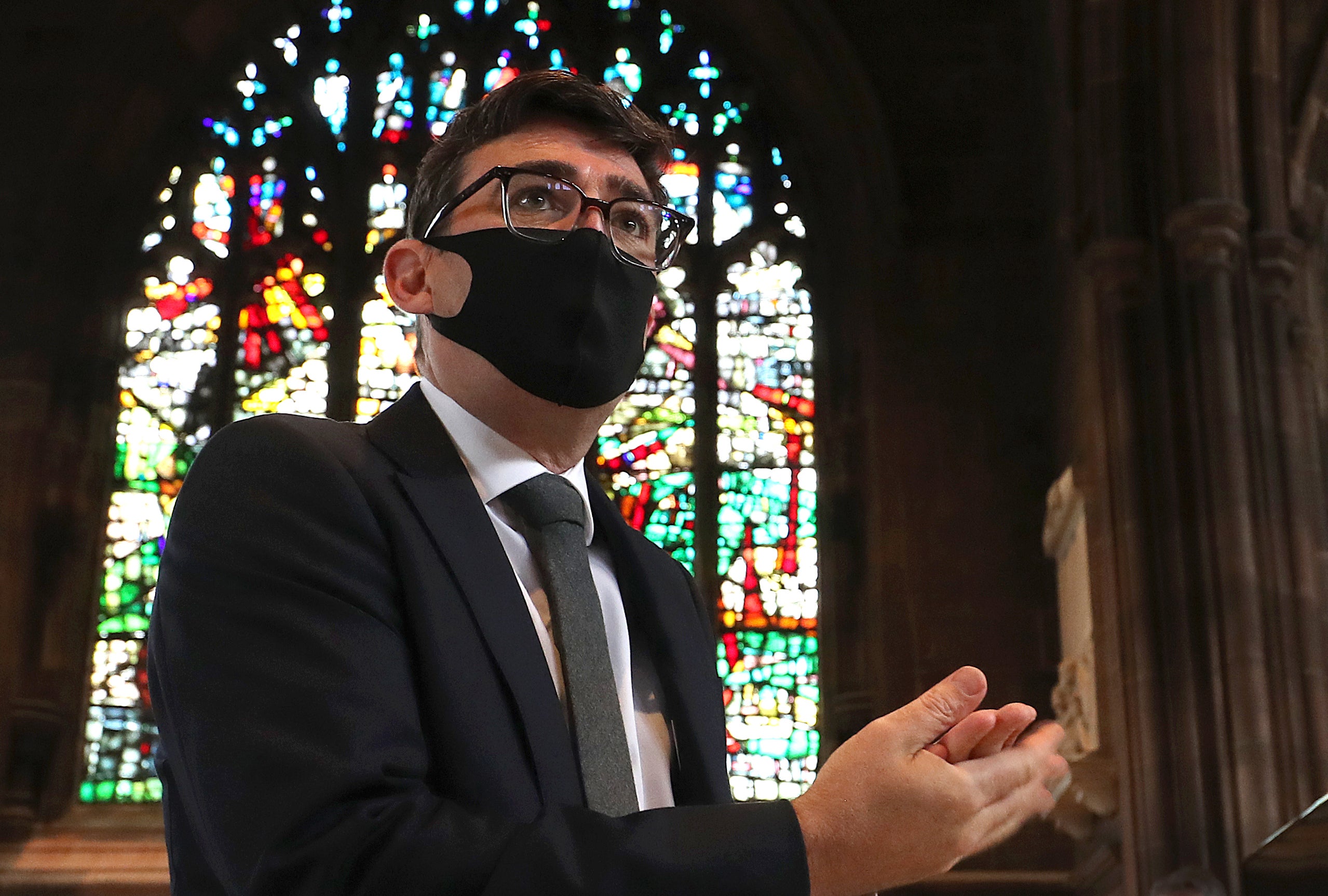There are many lessons to be learnt from the government’s mishandling of the Covid-19 emergency: its use of scientific advice; its communications; the internal workings of the government machine; its strategy on public health; the entire decision-making process and so on. All this will need months of honest, sometimes uncomfortable, self-examination. This is the task for the joint parliamentary inquiry, led by two former Tory ministers, Greg Clark and Jeremy Hunt, that was launched last week.
There is, however, some action that is needed right now, for one of the many things that has become clear is that the government is failing to bring large swathes of the country with it as it seeks to combat the second wave of the virus. It is not simply a question of poor explanation, or poor communication more generally. Nor is it a matter of London finding that the north is in revolt. Any part of the country that sees its economy savaged by the government response to the virus is likely to push back.
The core issue here is that this country is over-centralised both in its policymaking and the application of those policies. Put bluntly, local mayors probably know more about how best to control outbreaks in the areas that elected them than the ministers and their advisers in London. As we argued yesterday, the government should have involved them, including Andy Burnham, the mayor of Greater Manchester, in the decision-making process, rather than having Sir Edward Lister, the prime minister’s adviser, phone them after the policy had been set. It cannot be right that Andy Burnham should feel he might have to mount a legal challenge to the job support announced by Rishi Sunak, the chancellor, on Friday.
If mayors of great cities feel they should use the law to counter government policy, that says something has gone dreadfully wrong with our system of government. Could one imagine the mayor of Hamburg threatening to take the German federal government to court over such an issue? If that is unthinkable, then maybe the less centralised German governmental system has advantages over the UK’s centralised one.
This clash is about the response to Covid, but it is not only about that. It is about the balance of power between central government and the regions. Some things have to be decided centrally. There is no question about that. However, the fact that Wales, Scotland and Northern Ireland should be making slightly different choices from England in their lockdown policies has allowed both a more nuanced approach and one that has in general received more local support. This is not to claim that, for example, Northern Ireland has had more success in fighting the virus than England. The point is simply that a policy created and launched by a local politician is more likely to receive local compliance than one imposed from afar.
Confidence is the key. Governments have to have local support if they are to govern effectively. This one may have a huge majority in Westminster but quite clearly does not have sufficient support to impose its policies in parts of the north of England. Part of the problem is communication. It must learn to consult, to listen and, when a decision is made, to explain. But it must also rethink what elements of that decision-making process should be made locally, and where its responsibility should end.
All governments, but particularly new ones, hate the idea of giving up power. You pull the levers and expect something to happen. But those levers may not have anything attached to the other end. This government, belatedly, is finding out the hard way that implementing its policies is much harder than dreaming them up in the first place. It has a lot to learn.




Join our commenting forum
Join thought-provoking conversations, follow other Independent readers and see their replies
Comments